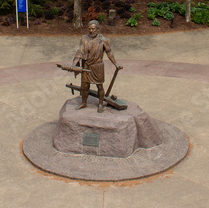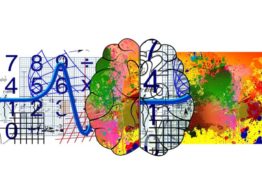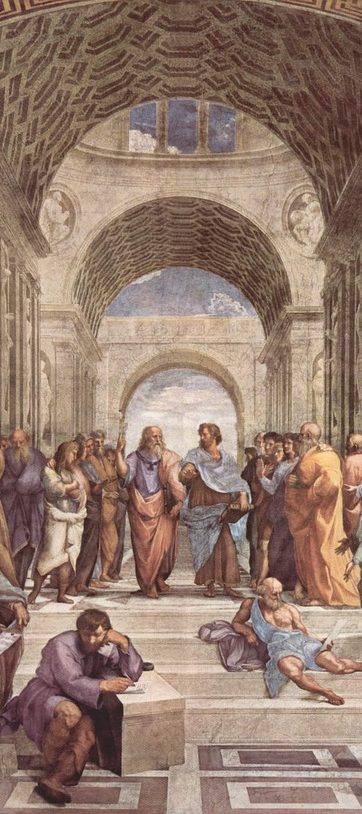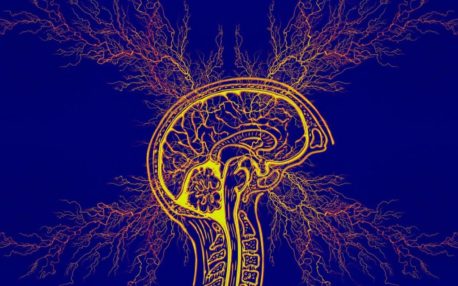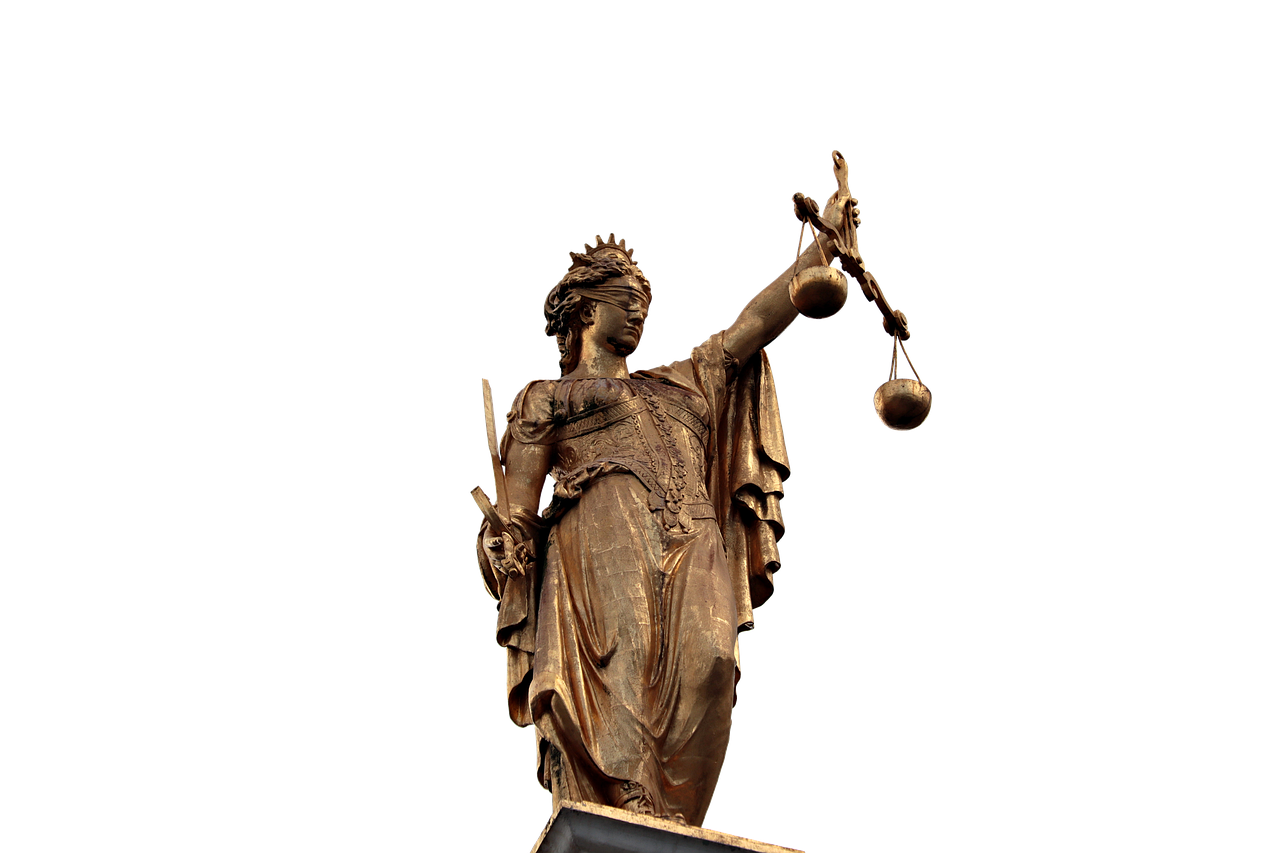2023 October Introduction
Dear Reader,
Welcome to the second issue of 24K Journal of Virtues Science!
Our World continues to be shaken by war, amid tremendous economic downturn. It is difficult for many to stay informed of World events at the same time as attending to mental health. We are surrounded by manipulation and death. The biggest manipulation currently is to do with the corporate and banking elite pretending that all this death in the last 5 years is not connected. Interestingly, and despite different ideologies in the wars going on now, all actors support the narrative of COVID-19 and the jabs. That is very telling, in and of itself. Despite the complete embarrassment of the West over jab-related deaths, Putin remains silent. All sides remain silent regarding these failures, because they are all part of the same anti-human corporatist structure.
We need more honesty generally, and we need more people striving toward virtues, rather than death and destruction.
This issue contains four amazing articles to do with virtues and leading a good life! The first article regards Cincinnatus, a contrast to Caligula from last issue. Cincinnatus is the famously humble temporary dictator of ancient Rome, so the article discusses the limitations of leadership. Gratitude, as a vital emotion in the development of virtues, is the topic of the second article. Article three carries that conversation forward and delivers it up to excellence, the fulcrum virtue into the higher order of more internal virtues. Finally, the fourth article continues one of the series from last issue, explaining how corporations promote profitable sins, but disguised as virtues.
Live Well,
Dr. Roe
Editor-In-Chief
24K Journal of Virtues Science
Online ISSN: 2994-5844
Print ISSN: 2994-5836
AuraPura Publishing
PS This issue can be accessed at here: https://24k.cc/issue/202310-s1i2/ or in EPUB format, here: https://24K.cc/wp-content/uploads/2023/10/2023-October-24K-Journal-of-Virtues-Science.epub
All Articles ©2022-2023 24K Journal of Virtues Science and Dr. Marcus Roe






